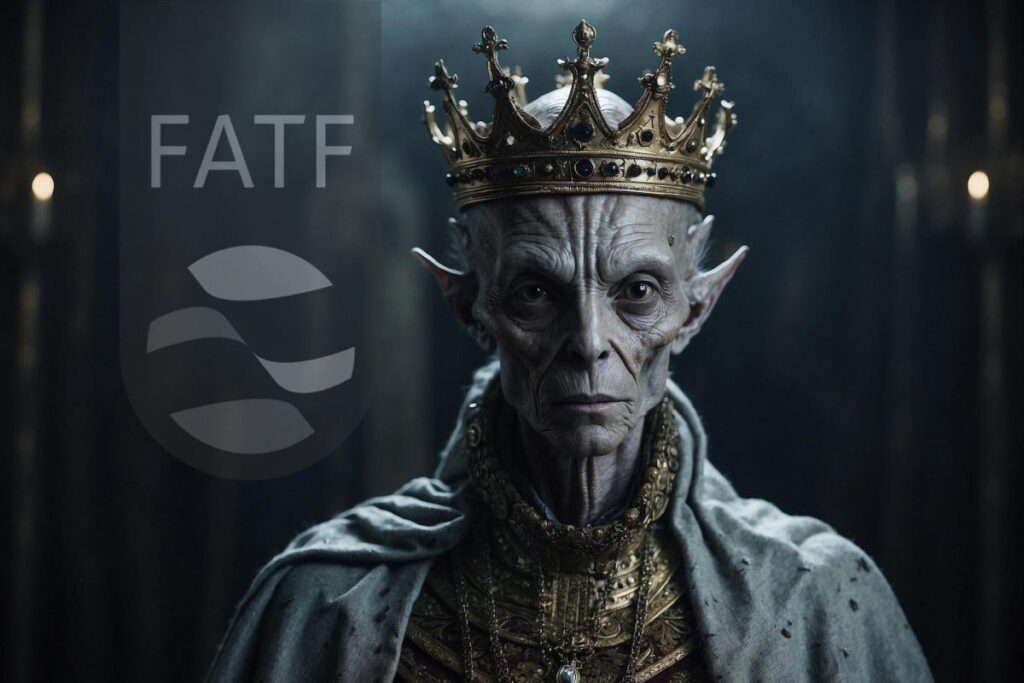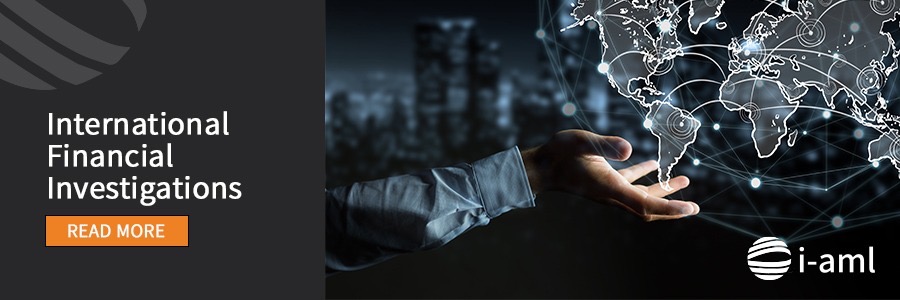Corruption is an existential threat to international order and a scourge on societies. It can diminish the rule of law and the impartial administration of justice while depriving citizens in jurisdictions around the world of the good governance and resources to which they are entitled.
When government officials abuse public trust to enrich themselves, they undermine the government’s ability to provide public goods and services, foster sustainable development, and ensure fair competition. Corruption can distort markets and threatens financial integrity, and in the worst scenarios, exposes jurisdictions to serious threats to stability, such as coups, civil unrest, state capture, and even terrorism. Corruption and money laundering are inextricably linked.
Corrupt actors must launder bribes and misappropriated funds to enjoy their criminal profits. Further, corruption erodes jurisdictions’ effectiveness in combating money laundering, terrorist financing, and other financial crimes. Not only can corrupt government officials undermine the institutions that are meant to fight money laundering and terrorist financing – such as financial intelligence units, police agencies, and financial supervisors – but they can compromise a jurisdiction’s ability to detect and disrupt financial crime.
The Financial Action Task Force (FATF), an inter-governmental body and the premier global money laundering and terrorist financing watchdog, leads efforts and co-ordinated actions to strengthen jurisdictions’ legal frameworks and operational effectiveness to protect financial systems and the broader economy from illicit threats, including corruption and money laundering linked to it.
Over 205 jurisdictions around the world comprise the FATF Global Network, adhere to the FATF Standards, and have agreed to put in place measures to prevent and fight money laundering from various crimes, including offences related to corruption such as bribery, extortion, and theft. FATF Ministers have recognised the serious impact of grand and systemic corruption on our economies, particularly the vast amounts of illicit money it generates.
Through their role as gatekeepers to the financial system, non-financial professionals can facilitate, unwittingly or wittingly, high-level corruption. The vast majority of lawyers, accountants, trust and company service providers, and real estate agents act within the law and ethical norms. But there are, undeniably, professional enablers who service corrupt officials, helping them commit and cover-up acts of corruption and enjoy the fruits of their crooked schemes.
They use their professional skills, access to the financial system, local and international networks, and the very legitimacy of their professions to facilitate corruption, such as by setting up shell companies to move criminal proceeds and helping bad actors quietly acquire luxury assets with stolen money.2 Professionals who do not intend to launder ill-gotten gains may be unwittingly providing their expertise to corrupt government officials or their associates.
To minimise such risks, the FATF Standards require countries around the globe to apply AML/CFT measures to these professionals. Such measures aim to address the vulnerability of the sectors to money laundering and corruption threats, by equipping professionals with the necessary know-how to detect indications of possible crimes. However, when these professionals are not regulated in accordance with the FATF Standards, these sectors remain exposed to significant criminal risks and lack those measures, such as the application of customer due diligence, that would allow them to see the red flags of money laundering.
July 11, 2024 Published by The Financial Action Task Force (FATF). (Download the PDF report)







